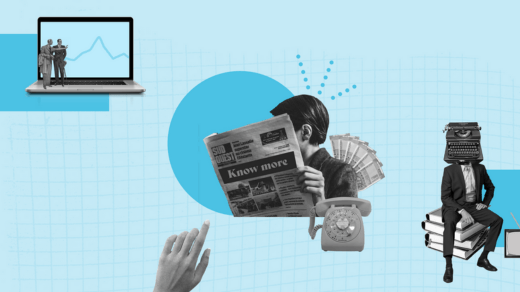Certainly! Here’s a comprehensive comparison of secured and unsecured loans, including 30 points covering the pros and cons of each:
Secured vs. Unsecured Loans: Which Is Right for You?
Introduction: Secured and unsecured loans are two common types of borrowing options, each with its own advantages and disadvantages. Understanding their differences can help you make an informed decision when seeking a loan.
Secured Loans:
Pros of Secured Loans:
- Lower Interest Rates: Secured loans typically offer lower interest rates due to collateral backing.
- Higher Loan Amounts: You can often borrow larger sums of money with secured loans.
- Easier Approval: Collateral reduces the risk for lenders, making secured loans easier to obtain.
- Longer Repayment Terms: Secured loans may have longer repayment periods, leading to lower monthly payments.
- Credit Improvement: Responsible repayment of a secured loan can positively impact your credit score.
- Flexible Use: Collateral can include assets like a car or home, giving you flexibility in the type of secured loan you choose.
Cons of Secured Loans:
- Risk of Collateral Loss: If you default on a secured loan, you risk losing the collateral, such as your car or home.
- Complex Application Process: Secured loans may involve more paperwork and documentation.
- Extended Commitment: Longer loan terms can mean a more extended financial commitment.
- Potential for Overborrowing: Easy access to larger sums may tempt some borrowers to overextend themselves.
- Limited Eligibility: You must own valuable collateral to qualify for secured loans.
Types of Secured Loans:
- Mortgage Loans: Secured by your home.
- Auto Loans: Secured by the purchased vehicle.
- Home Equity Loans: Secured by your home’s equity.
- Secured Personal Loans: Secured by various assets, like savings accounts or investments.
Unsecured Loans:
Pros of Unsecured Loans:
- No Collateral Required: Unsecured loans do not require assets as collateral, reducing the risk of losing valuable items.
- Quick Approval: The application process is typically faster for unsecured loans.
- Simplicity: Unsecured loans often involve less paperwork and documentation.
- Varied Use: Unsecured loans can be used for various purposes, such as debt consolidation or personal expenses.
- Shorter Terms: Unsecured loans often come with shorter repayment periods, helping you pay off debt sooner.
Cons of Unsecured Loans:
- Higher Interest Rates: Unsecured loans generally have higher interest rates due to the increased risk for lenders.
- Smaller Loan Amounts: Loan amounts are typically limited compared to secured loans.
- Stricter Eligibility: Qualifying for unsecured loans may require a higher credit score and stronger financial profile.
- Riskier for Lenders: Without collateral, lenders have less recourse in the event of default.
- Impact on Credit Score: Missed payments on unsecured loans can harm your credit score.
- Potential for Overborrowing: Easy access to unsecured credit can lead to excessive debt.
Types of Unsecured Loans:
- Personal Loans: General-purpose loans without collateral.
- Credit Cards: Revolving lines of unsecured credit.
- Student Loans: Loans for educational expenses that don’t require collateral.
- Medical Loans: Unsecured loans for healthcare expenses.
Conclusion: The choice between secured and unsecured loans depends on your financial situation, borrowing needs, and risk tolerance. Secured loans offer lower interest rates and higher loan amounts but involve the risk of collateral loss. Unsecured loans provide quicker access to funds without risking assets, but they often come with higher interest rates and smaller loan limits. Carefully assess your circumstances and financial goals before deciding which loan type is right for you.






